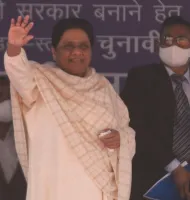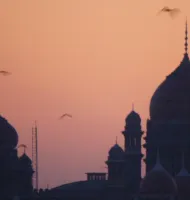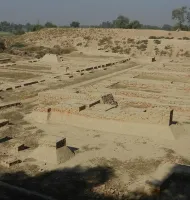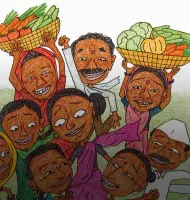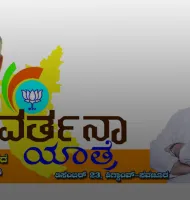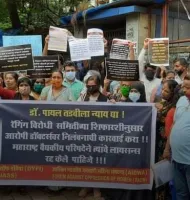Caste
Just ₹500 a month from 1,000 readers
will cover our costs
Our apologies for intruding. Please spare a couple of minutes.
The India Forum is a reader-supported publication. We are independent because readers make donations to help meet our costs.
We need only 1,000 readers to donate Rs 500 once a month or Rs 6,000 once a year to meet our budget for 2025-26.
To make a monthly or annual donation, please click here: DONATE
Do your bit for independent journalism.
Donations enjoy tax exemption under Section 80G of the Income Tax Act.



